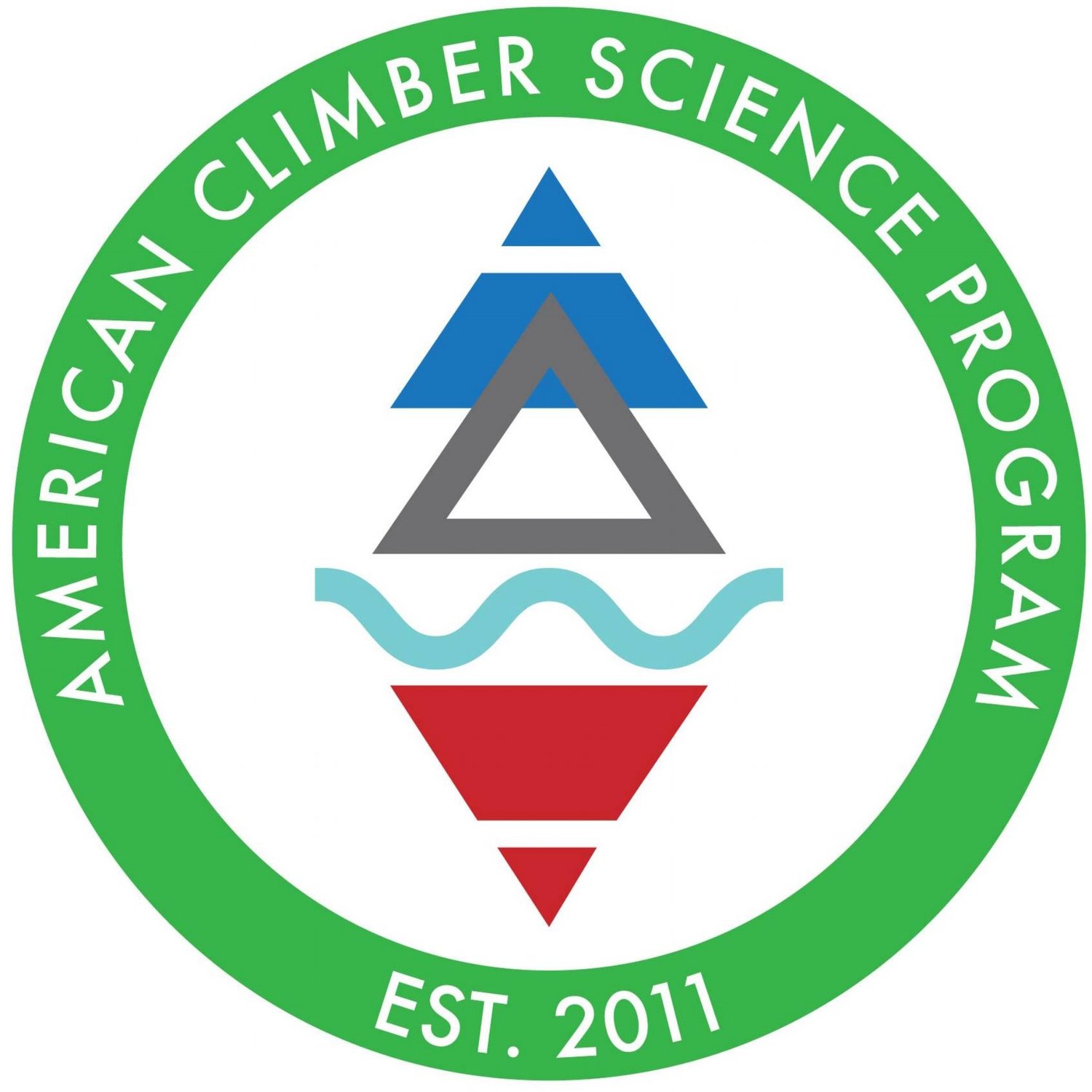Gear List
Note: We will be able to get substantial gear discounts, so after you have been accepted to the expedition, please consult with us regarding gear purchases from our great sponsors.
Personal Clothing
If you are going to be climbing peaks below 6000 meters, use the lighter gear suggested, above 6000 meters or more technical peaks, use the warmer/better gear. All of your gear except for the axes/tools should fit in your pack.
(Note: Wind is the main enemy and so everything exposed should be windproof)
Boots- plastic or double climbing boots, for their warmth and they dry quickly. Below 6000 meters, single CLIMBING boots are acceptable – any questions, please email.
Light weight hiking shoes- for approaches and around base camp
Socks- wool or synthetic (no cotton!), liner socks, hiking socks, and expedition weight socks. Make sure you have a layering system that works well with your boot fit.
Base layer- long underwear top and bottom, lightweight synthetic or polypropylene
2nd layer- 6000 meters – expedition weight top and bottom
3rd layer- light softshell top, windproof fleece or light puffy jacket. Softshell pants
Hardshell layer- protection from wind and rain. Waterproof, breathable, durable and VERY lightweight. Top must have hood, pants must have full side zips for easy on and off.
Puffy layer- Large down parka with hood, 6000 m – insulated pants with full side zips for the ability to put them on while wearing crampons
Liner gloves- synthetic, windproof
Gloves- waterproof, insulated and durable, super warm expedition type
T-shirts- synthetic, or cotton for the hike in
Shorts- zip off pants work as well
Underwear- synthetic
Warm hat- windproof is nice
Balaclava/bandana- for sun protection, Buffs work well
Sun hat- baseball cap
Travel and town clothes- nice clothes for going out to eat and going to the climate change conference
General Gear (Everyone)
Sleeping bag- below 6000 meters – 20 degree F down or synthetic, above 6000 meters – 0 degree to -10 degree, down
Sleeping pads- thermarest style inflatable AND closed cell foam
Backpack- at least 75L to be able to carry climbing gear, scientific equipment, and coldweather gear (the only exception to this is those who are climbing in Ishinca or Quique Valleys below 6000 meters)
Small summit pack- 25L or so for summit days and around town, large enough for your personal gear and sampling equipment (some people just use their expedition pack for summit days)
Duffle bag- large and sturdy, will be strapped to mules for travel. Bring a second, smaller duffel to store gear in Huaraz when on the mountain
Water bottles- three liters in total capacity, no metal water bottles, Nalgenes are best, camelback hydration system is nice along with Nalgenes (but tubes will freeze higher up and so don’t plan on climbing with them). Bottle insulators are nice but heavy.
Headlamps- bring all the batteries you will need. Bring two lamps – a lightweight lamp for camp, a high power lamp for climbing.
Glacier glasses- with side shields, make sure they are 100% UVA/UVB
Pocket knife- small and light
Lighter and matches- lighters work up to 4000 meters, bring matches for higher camps
Medical Supplies
(Note: Sun is the main enemy here both low and high on the mountain)
Diamox (Rx)
Cipro (Ciprofloxacin) (Rx) (or Flagyl or other antibiotic)
Tylenol
Ibuprofen
Imodium
Benadryl
General first aid kit
Bandaids
Neosporin
Athletic Tape
Moleskin
Ace Bandage
Antacid (Tums, Maalox)
Ibuprofen/Advil
A few safety pins
Hand sanitizer
Personal medications- prescriptions, multi-vitamins, nutritional supplements, etc.
Toilet paper- small emergency supply for town and the mountain (Always carry some while in Peru – you will be surprised how often there is none in the toilet!)
Alcohol wipes- not baby wipes, as they will freeze
Water purification- we boil most of our water, but bring a back-up if you feel inclined
Sunscreen- minimum 50 SPF
Lip balm- minimum 30 SPF
Gatorade/Electrolytes- we drink tons of water, flavoring is great to help stay hydrated
Feminine Products
Supplies for contacts or prescription lens
Toothbrush, toothpaste- travel sized to reduce weight
Climbing Gear (for participants who plan to climb)
Ice ax- standard mountaineering ice ax (below 6000)
Technical ice tools- above 6000 meters in addition to the ice ax, two tools are necessary
Crampons- must have anti-balling plates, which is critical in wet snow
Harness- lighter weight alpine harness with adjustable/removable leg loops
Helmet- make sure your warm hat fits under and your hoods fit over your helmet
Belay/rappel device- with locking carabiner
Carabiners- at least 2 regular, at least 2 locking
Cordage- 2- 24” slings, 1- 48” slings, prussics
Ascender- Jumar or Petzl tribloc
Trekking poles- one or two, great place to store duck tape
Rock climbing shoes- for bouldering on days off
Miscellaneous
Heavy duty trashbags – 2 or so to line your backpack and sleeping bag
Small padlock- Locks for your bags to secure your belongings
Pee bottle- 1.5-2 Liter capacity, make sure it doesn’t look or feel like your water bottles!
Ladies, a pee funnel is nice
Favorite snack foods and teas- bars, gels, blocks, chocolate; bring plenty, as they are not available in Peru
Stuff sacks- for organizing your gear
Entertainment- iPods, books, kindle/nook, cards, etc
Camera- with batteries and enough memory cards. It is worth the small bit of extra money to buy a nice camera – there will be some great pictures available!!
Foam ear plugs
Thermos – can be used instead of one of the Nalgenes
Hand warmers – rarely work at higher elevations
Tent- bring one for base camp if you have one, we have tents for high camps
Tent repair kit- bring one if you have one
Swim Suit- Say what?!? The beach is only a few hours away for surfing and kiteboarding…

